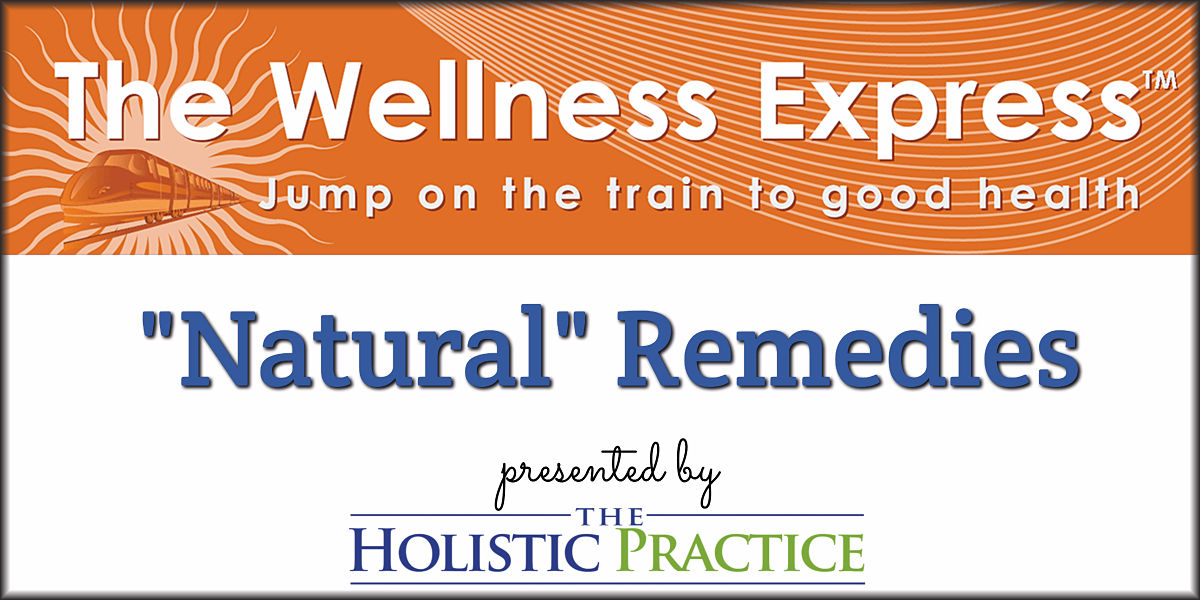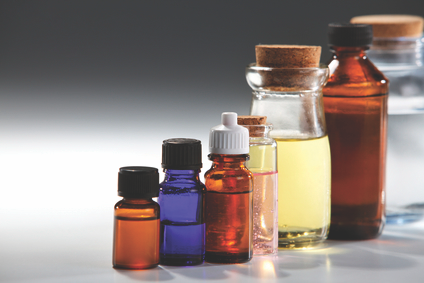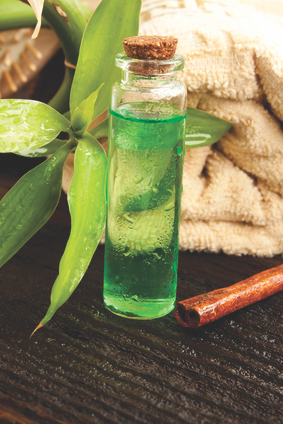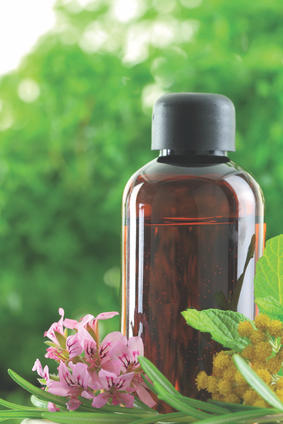
“Natural” Remedies
The wish for healing has always been half of health.
Introduction
Essential Oils and other types of home remedies have been around for centuries and in more recent years, some have been rigorously tested for their possible healing benefits for many of today’s maladies.
The overuse of antibiotics has produced “superbugs” that are becoming more and more difficult to eradicate and are especially worrisome in hospital settings where immune systems may be compromised by other illness. Methicillin-resistant Staphylococcus aureus (MRSA) bacteria is one that has become resistant to today’s antibiotics and has caused serious illness and death.
A study by the Metropolitan University of Manchester vaporized an essential oil blend of lemongrass and geranium used in a diffuser to test against several types of bacteria and found that the blend reduced the spread of bacteria, including MRSA in a laboratory setting as well as reducing the bacteria count in an office environment. The overall reduction of bacteria in the air was reduced by 88% with a diffuser running continually for 15 hours. (1)

Anti Bacterial:
A study by the Metropolitan University of Manchester vaporized an essential oil blend of lemongrass and geranium used in a diffuser to test against several types of bacteria and found that the blend reduced the spread of bacteria, including MRSA in a laboratory setting as well as reducing the bacteria count in an office environment. The overall reduction of bacteria in the air was reduced by 88% with a diffuser running continually for 15 hours. (1)
While Tea Tree essential oil has been found to be effective as an antiseptic, it is not the most effective as an antibacterial on its own. Blends of tea tree oil and geranium or geranium and grape- fruit seed extract were found to be better for wound dressings. Several other studies found that blends of essential oils were more effective than any one oil alone.
A UK company has developed a new strain of thyme that chemically appears like a mixture of tea tree and thyme essential oils. This oil was successful in eradicating MRSA and even while applied at 100% strength it did not cause any skin irritation in the trials. Despite these revelations, use of essential oils in the medical world has been slow. However, more people are striving to find “natural” ways of treating infections and hopefully the use of essential oils will eventually increase due to the scientific support that is continually underway.

Anti-Fungal:
Vitamin E oil, lavender, jojoba, clove, grape seed, tea tree and almond oil, all have anti-fungal and germicide proper- ties and have been used effectively to treat toe nail fungus. Sesame and virgin coconut oil also have anti-fungal properties.
Using cuticle oils, which may contain a variety of essential oils, on hands and feet regularly can prevent the growth of fungus and bacteria. Severe nail fungus infections can cause the loss of a nail. As fungus infection of the nails can also have a very unpleasant odor, soaking the infected nails in warm ginger tea twice a day can help eradicate nail fungus.
Acne:
A recent review by the National Institutes of Health states that a 5% tea tree oil gel appears to be as effective as a 5% benzoyl peroxide treatment for mild to moderate acne. Tea tree oil may be effective in a variety of dermatologic conditions including dandruff, athlete’s foot, lice, herpes and other skin infections. For safety reasons you should be aware that using pure, undiluted tea tree oil may cause skin irritation, blistering, redness, dryness and itching when applied directly to the skin and is not recommended for children or pregnant women.
Although essential oils are “natural” they do contain “natural” chemicals in their make-up and should be kept away from children and pets. Tea tree oil is toxic if taken internally. (2)

Insect Bites:
Herbal remedies can stop the itch of an insect bite. Tea tree oil, lavender and peppermint are known favorites among many herbalists. These herbal remedies for insect stings can neutralize toxicity and are also effective in reducing skin inflammation.
Add a few drops of any of these herbal remedies into a mixture of baking soda or honey to apply to the bite area or apply a drop or two of the oil directly on to the insect bite.
As a spider repellent you can prepare a mixture of 5 tablespoons of an essential oil, such as rose, citronella, lavender, peppermint, cinnamon, tea tree or citrus with 5 tablespoons of natural lavender soap in a quart of water. Pour into a spray bottle and spray around windows and doors inside your home or outside around areas where spider webs are visible or in crevices near where you, children or pets may come in contact with them.
Cleaning:
White vinegar is often used as a household cleaning agent. Because of its acidity it can be used to clean many types of surfaces, from glass and mirrors to polishing brass, bronze, copper and stainless steel. It has strong antibacterial properties and can kill mold and bacteria, especially on fruit and vegetables better than antibacterial soaps.
Vinegar is effective in unclogging drains, removing sticky price tags and can even help to kill moss and plant growth from patios and walkways, at least temporarily.

Conclusion:
Non-invasive chiropractic care is also a “natural” treatment and a first step to good health. Have your spine checked out on a regular basis. Babies to the elderly can benefit from chiropractic care, which does not just take care of your spine. Subluxations can affect muscles, nerves, ligaments and organs in your body.
References and Sources:
1. Flaxman, D (March 2005). “Is tea tree oil effective at eradicating MRSA colonization? A review.”. Br J Community Nurs.
10(3):123-6. Review. PMID
15824699.
2. Hammer, K; Carson, C; Riley, T; Nielsen, J (2006). “A review of the toxicity of Melaleuca alternifolia (tea tree) oil”. ood and Chemical Tozicology 44 (5): 616-25 doi:10.1016/i.fct.2005.09.
001. PMID 16243430
Disclaimer:
Information contained in the The Wellness ExpressTM newsletter is for educational and general purposes only and is designed to assist you in making informed decisions about your health. Any information contained herein is not intended to substitute advice from your physician or other healthcare professional.
Copyright © – The Wellness ExpressTM
Writer: Tedd Koren, D.C
Design: Maria Camille Almirañez
Production: Troy Butler





Get Health News you can use!
Sign up for our Newsletter NOW!
